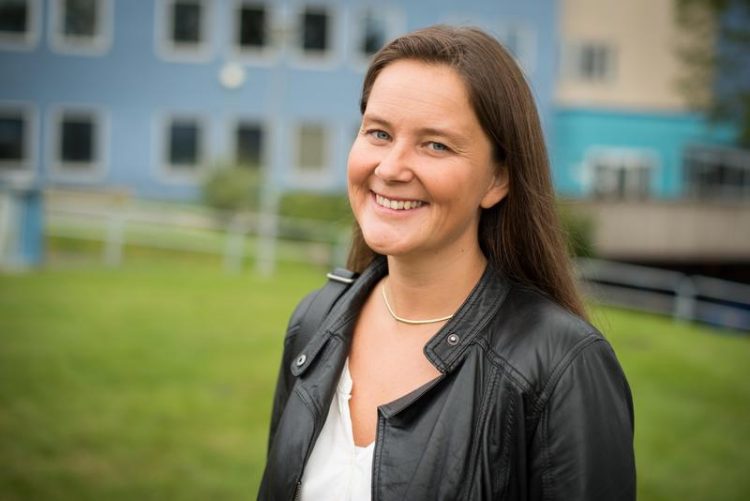Prosthetic and orthotic service in developing countries

Researcher Lina Magnusson Jönköping University, School of Health Sciences
“The supply of prosthetic and orthotic devices are affected by poverty and by cultural issues, such as attitudes towards people with disabilities. In order to improve services in developing countries, we need to identify obstacles and also factors that would facilitate the supply of prosthetic and orthotic devices. That's what I have done in my dissertation”, says Lina Magnusson.
Lina conducted her studies in Malawi, Sierra Leone and Pakistan. The results show that patients were generally able to walk on level ground but more than half had difficulties walking on uneven ground, climbing stairs and going up or down hills.
Patients in Malawi were more satisfied with the prosthetic and orthotic services provided than patients in Sierra Leone. In Sierra Leone, men were more satisfied than women in how the device affected their personal mobility and in their experience of the service.
“After having gone through the statistics available and reviewing handwritten patient records, I would estimate that approximately 20-25 percent of those who need prosthetic and orthotic services in Malawi and Sierra Leone have access to it. Of those, the majority of patients were using their prostheses or orthotic devices, although about half of the devices were broken and in need of repair. More than one third of patients also reported pain and wounds when they used their device”, says Lina Magnusson.
Lina Magnusson’s dissertation also shows that those working with provision of prostheses and orthoses experienced an inability to deliver high quality service. One obstacle is the government's ignorance and failure to prioritize rehabilitation services. The results also indicate that training for prosthetists/orthotists and prosthetic and orthotic technicians must be improved. The majority of developing countries, including Sierra Leone and Malawi, offer no formal prosthetic and orthotic education. The result of this is a shortage of trained personnel.
For more information, please contact Lina Magnusson, +46727400637 or Lina.Magnusson@hhj.hj.se
Pressofficer Maria Arpe, maria.arpe@hs.hj.se or +46-703 802 106
Weitere Informationen:
http://urn.kb.se/resolve?urn=urn:nbn:se:hj:diva-24973 Web link to the dissertation
Media Contact
All latest news from the category: Health and Medicine
This subject area encompasses research and studies in the field of human medicine.
Among the wide-ranging list of topics covered here are anesthesiology, anatomy, surgery, human genetics, hygiene and environmental medicine, internal medicine, neurology, pharmacology, physiology, urology and dental medicine.
Newest articles

A universal framework for spatial biology
SpatialData is a freely accessible tool to unify and integrate data from different omics technologies accounting for spatial information, which can provide holistic insights into health and disease. Biological processes…

How complex biological processes arise
A $20 million grant from the U.S. National Science Foundation (NSF) will support the establishment and operation of the National Synthesis Center for Emergence in the Molecular and Cellular Sciences (NCEMS) at…

Airborne single-photon lidar system achieves high-resolution 3D imaging
Compact, low-power system opens doors for photon-efficient drone and satellite-based environmental monitoring and mapping. Researchers have developed a compact and lightweight single-photon airborne lidar system that can acquire high-resolution 3D…





















